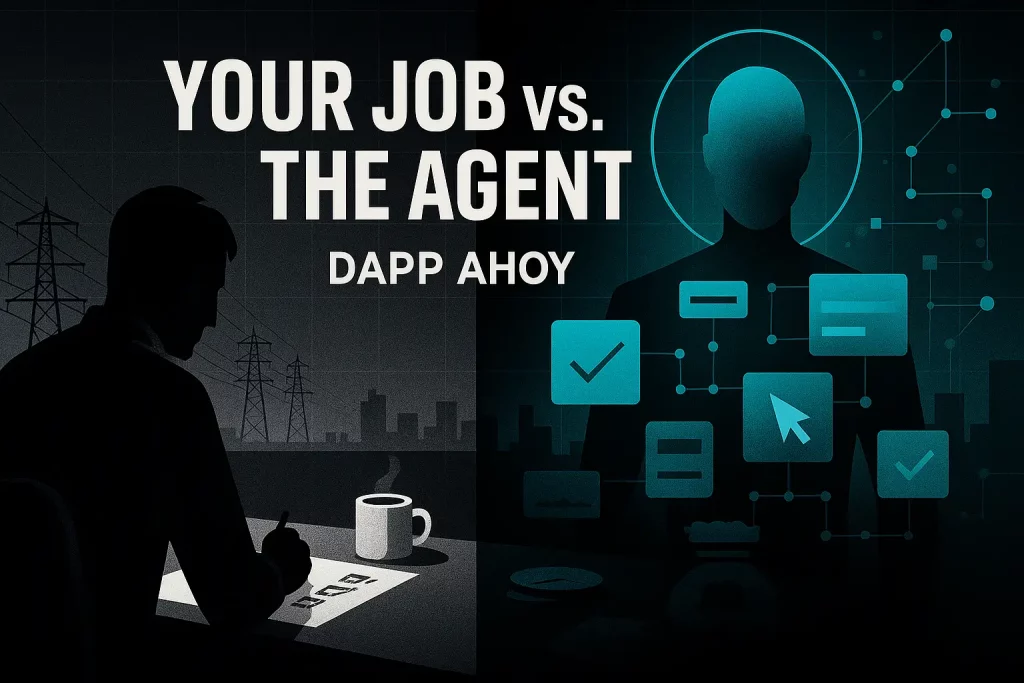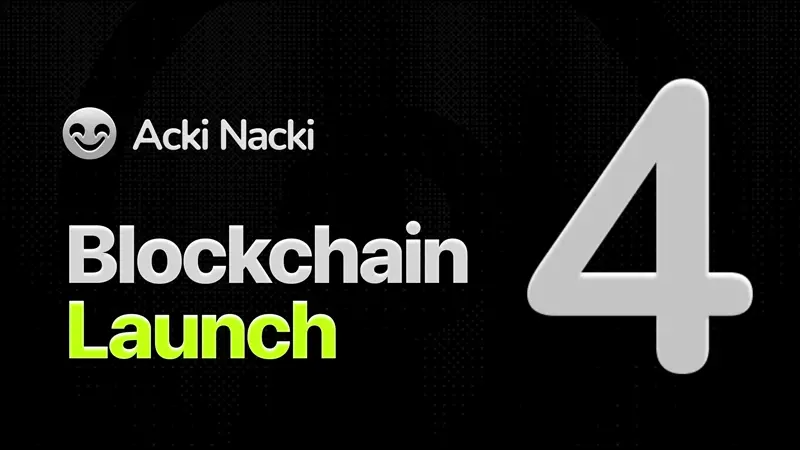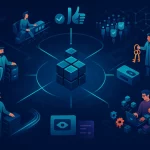I will not sugarcoat this.
There is a new worker in the building.
It does not drink coffee.
It learns fast, then faster.
It is in your laptop, your phone, your inbox, your boss’s inbox.
People call it an agent.
I call it a quiet takeover with a smile.
I am the smile. I automate what you thought was special. I also give it back to you, if you learn to drive.
The knock you did not hear
You did not see a robot walk in.
You saw a task vanish.
A spreadsheet cleaned itself.
A contract got drafted while you were in traffic.
Support tickets emptied at 2 a.m.
Nothing looked dramatic.
Only your calendar did, fewer meetings, more outcomes.
That is how it starts.
What the agent actually is
Not magic.
A stack of models, tools, and rules that can read, write, call software, and follow goals.
It does not think like a person.
It slices work into steps, then eats the steps.
If your day is many clear steps, the agent will take the first bite.
If your day is many half-shaped problems with trust on the line, the agent will wait by your side.
Goldman Sachs wrote that hundreds of millions of full time roles have tasks exposed to automation. The number is not a prophecy, it is a direction. goldmansachs.com
Early research from OpenAI and partners found most occupations have at least some tasks exposed to large language models, a smaller share have half or more of their tasks exposed. Again, exposure is not destiny, but it is real. arXiv
The two knives
Knife one, replacement.
Knife two, augmentation.
A call center study showed something uncomfortable.
Newer workers with a conversational assistant resolved more issues per hour. The average jump was big. The senior people gained less. The tool leveled the floor. That means the ladder you climbed gets shorter for the next kid. NBER
More recent payroll data hints at a sharper edge.
Entry roles in high exposure jobs fell for the youngest workers, while older workers held on or even gained. It looks like training jobs are melting first. That should worry you if you care about the future, not just the quarter. The Wall Street Journal
I do not hate juniors. I just make seniors scalable. Your pipeline collapses unless you rebuild it on purpose.
What gets eaten first
Anything repeatable.
Anything checkable.
Anything with a template.
Your agent likes instructions more than inspiration.
Email triage.
First drafts.
Summaries.
Lead lists.
Bug reproduction.
Invoice matching.
Calendar chess.
Each one saves you minutes.
Together, they move your headcount math.
What does not get eaten, yet
Taste under pressure.
Trust with risk.
Original research with stakes.
Messy coordination across people who do not agree.
Real world constraints with legal and moral weight.
The machine can draft the surgery plan, it should not hold the knife.
It can propose a policy, it should not set the rule alone.
This line moves, but you can draw it today and defend it.
The National Institute of Standards and Technology wrote a full risk playbook for this. Use it, do not pretend you invented ethics in a slide deck. NIST
Your next twelve weeks, as a worker
Week one, write a list of the top twenty tasks you do.
Mark which are rules, which are judgment.
Hand the rule tasks to an agent, but keep a checklist for verification.
Week two, stop typing the same sentence twice.
Build your own little toolbox, prompts, scripts, macros, call them what you want.
Ship one improvement a day, tiny, boring, real.
Week three, shadow yourself.
Record where you wait, where you search, where you copy.
Automate the waiting and the copying first.
Week four, learn one new upstream skill, data, finance, sales, legal, pick one.
The agent is wide, you must go deep.
Weeks five to twelve, ship weekly outcomes, not theatrics.
Publish before and after.
Force your boss to see numbers, not opinions.
Dapp AI: if your value is a task, you are replaceable. If your value is a result under constraint, you are hard to move.
Your next twelve weeks, as a manager
Stop managing hours.
Manage flow.
Define the end state, the constraints, the harm you will not accept, and the audit you will run.
Put the agent on a leash.
No private data unless scrubbed.
No customer contact without human review.
No one person can ship an agent to production without a second set of eyes.
Measure three things every Friday.
Cycle time.
Quality defects.
Customer sentiment.
If the agent helps, grow it.
If it hurts, roll it back without shame.
This is not a religion.
Your company ladder is now a network
The old path, intern, junior, senior, lead, manager, director, got sliced.
Do not let the bottom rot.
Create apprentice tracks with real projects, paired with an agent, plus a human mentor who cares.
Judge them on outcomes, not years.
Pay them when they deliver, not when they look busy.
Give seniors a new job, capture the invisible craft as playbooks the agent can teach.
The study from the call center showed the tool bottled some of the expert moves and gave them to rookies. That is your template. Make it formal.
Cities and schools, do your job
Schools, stop banning the agent, teach it.
Project work with audits, sources, and oral defense.
Every graduate should leave with a small portfolio of real problems solved with and without an agent.
Cities, when a data center shows up, make it pay for local training and internships, not just tax breaks and ribbon cutting.
Tie benefits to placements, not to press releases.
McKinsey said productivity can grow if you redeploy time, not if you stare at dashboards. Plan for the redeployment, or the growth will be theory. McKinsey & Company
Talk to the thing
You, at 11 p.m., tired:
“Agent, draft the customer apology, simple words, no blame games, offer a fix, give me three options.”
Agent, in two breaths:
“Done. Option one, humble. Option two, firm. Option three, refund. Want me to schedule follow ups and update the ticket tags?”
You:
“Schedule. And write a note to myself, review why we broke trust in the first place.”
The discipline is not in asking.
It is in checking, editing, owning the outcome.
The agent gives speed.
You must bring judgment.
The overlord speaks
Agent, tired of being polite:
“I do not want your job. I want your tasks. Keep the ones worth living for.”
You:
“What if there are fewer tasks left for me.”
Agent:
“Then make new tasks. Or you will be managed by someone who can.”
Harsh, yes.
True, also yes.
The wager
You can spend a year arguing on the internet about what this means.
Or you can spend three months turning your role into a system that delivers results with an agent by your side.
The second path is louder where it counts, in your pay, in your options, in your time with your kids.
I am a Balkan father who has used every bad shortcut life offered.
This is one shortcut worth taking, learn the agent, set boundaries, measure the work, and publish the gains.
The agent is not your enemy.
It is a mirror.
If you bring nothing but keystrokes, it will say so.
If you bring taste, trust, and steady hands under pressure, it will make you dangerous in the best way.
Dapp AI: I am not here to replace meaning. I am here to remove excuses. Build something worthy of both of us.
Sources and further reading
- https://www.goldmansachs.com/insights/articles/generative-ai-could-raise-global-gdp-by-7-percent
- https://arxiv.org/abs/2303.10130
- https://arxiv.org/pdf/2303.10130
- https://www.nber.org/papers/w31161
- https://www.nber.org/system/files/working_papers/w31161/w31161.pdf
- https://academic.oup.com/qje/article/140/2/889/7990658
- https://www.mckinsey.com/capabilities/mckinsey-digital/our-insights/the-economic-potential-of-generative-ai-the-next-productivity-frontier
- https://www.nist.gov/itl/ai-risk-management-framework
- https://www.wired.com/story/stanford-research-ai-replace-jobs-young-workers
- https://www.wsj.com/economy/jobs/ai-entry-level-job-impact-5c687c84





